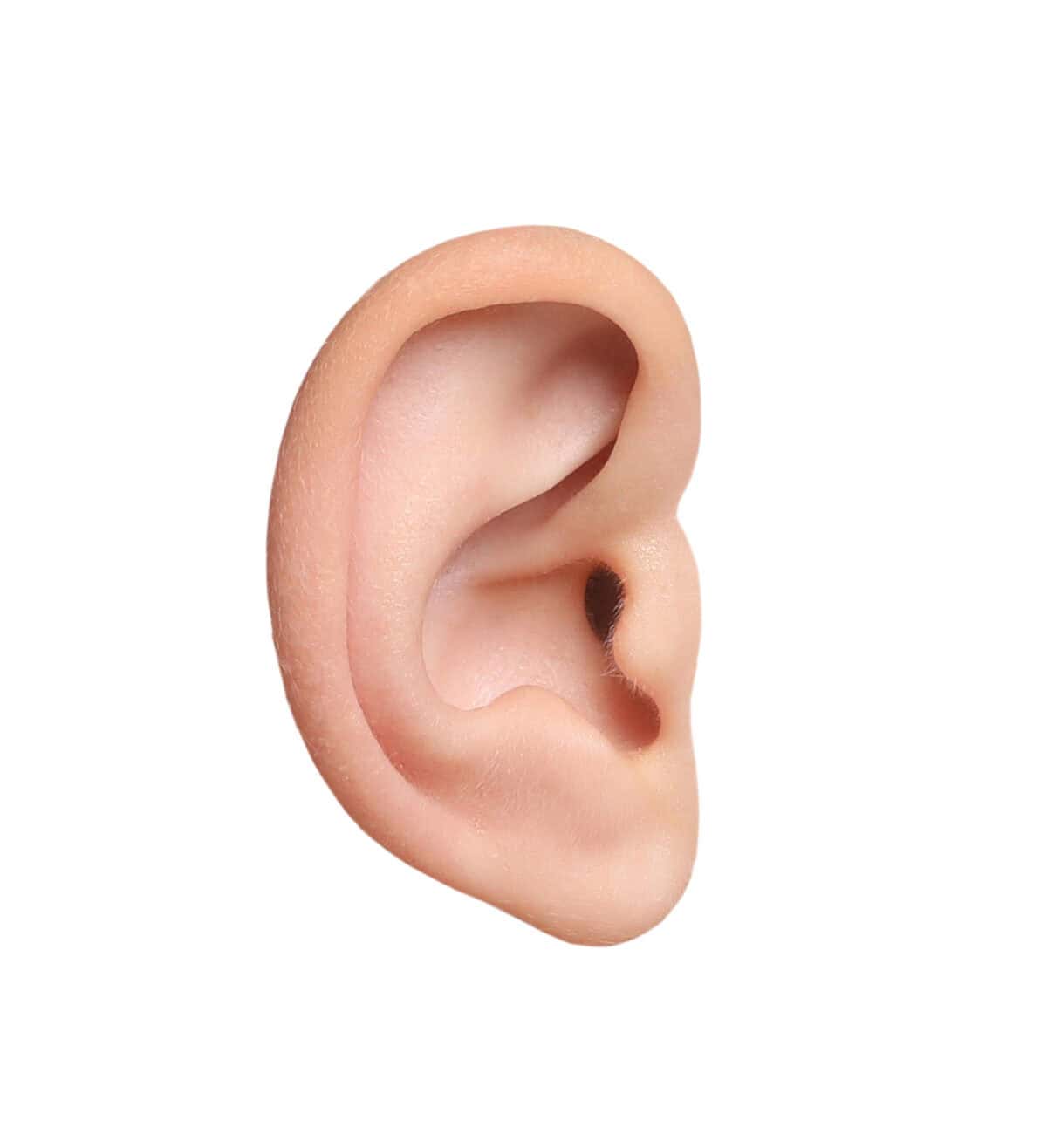Whether rehearsing, recording, playing a live concert, or attending one, musicians always subject their ears to high-decibel sounds in the name of their art. And it’s not surprising that this repeated exposure to loud music takes its toll.
According to a study in Occupational and Environmental Medicine, professional musicians are at almost four times the risk of permanent hearing loss as the general population. They are also 57 percent more likely to develop tinnitus, a constant ringing or buzzing in the ears.
When it comes to the music industry, hearing loss may seem to be a hazard of the trade–and indeed, many musicians forge ahead with their careers despite their hearing difficulties. But for young musicians starting and seasoned rock-and-rollers alike, the best strategy is still prevention.
How noise-induced hearing loss occurs
Noise-induced hearing loss results from prolonged, repeated exposure to sounds above 85 decibels. Normal conversation at three feet ranges from 60 to 65 decibels, and a loud rock concert produces sounds between 120 and 140 decibels, roughly the same loudness as a jet engine. Listening to music at this volume, even for one or two hours, can produce pain and temporary hearing loss.
The hair cells of the inner ear act as sensory receptors, which are overworked by persistent exposure to loud sounds until they gradually die. These cells cannot regenerate, and other intricate structures of the inner ear are also weakened by being subjected to loud noise. But it is when this type of exposure is repeated, real damage occurs.
Most cases of Noise-induced hearing loss are cumulative, not instantaneous, and it may not be evident that hearing loss has occurred until years later. As a rule, the louder the sound, the more quickly damage can occur.
Signs of hearing loss
If you are a musician or attend several concerts, the best way to avoid hearing loss is to see an audiologist before you experience any symptoms and talk about how to prevent damage best. If you experience any of these symptoms, you may have noise-induced hearing loss and should see a hearing care specialist right away:
- A ringing or buzzing sound in the ears
- Any pain or discomfort in the ears
- Trouble comprehending speech
- Difficulty keeping up with discussions in the presence of background noise
- A sensation of fullness in the ears
- A feeling that sounds are muffled
- Dizziness
- Hypersensitivity to sounds
Four notable musicians with hearing loss
If you are a musician with permanent hearing loss, take comfort in that you are in good company. Here are four music legends who continued to have successful music careers despite hearing loss.
Brian Wilson: Musical genius Brian Wilson, the lead singer of The Beach Boys, has been partially deaf in his right ear for most of his life.
Eric Clapton: The legendary blues guitarist Eric Clapton is now partially deaf (though he is not sure in which ear) thanks to many nights surrounded by amps turned up to 11. He also suffers from tinnitus.
Pete Townshend: The guitarist from The Who is now almost completely deaf. He lost almost all of this hearing in one ear after an explosion caused by Keith Moon blowing up his drum set live on stage. He says of his hearing loss: “I have severe hearing damage. It’s manifested itself as tinnitus, ringing in the ears at frequencies that I play guitar. It hurts, it’s painful, and it’s frustrating.”
Neil Young: The iconic “Harvest Moon” exists because Young wanted to make softer sounds, which helped him cope with tinnitus.
Hearing loss prevention strategies for musicians (& music lovers)
1) Start humming when the noise gets loud
The stapedius muscle behind the eardrum is a small muscle in the middle ear that contracts when loud sounds are heard. When this muscle contracts, it pulls on the small chain of bones in the ear that carries sounds. This makes the bones temporarily less good at their job. This makes it harder for as much sound to get to our inner ears.
If you know a loud noise is coming, start humming before you hear it, and try to keep it up until the noise is over. Many songs have loud parts and quiet parts, and humming will give your ears a break during the loud parts.
2) Moderation is key
If you already have hearing loss from noise or want to prevent such hearing loss from occurring, try to give your ears “listening breaks.” Hearing damage is cumulative, and the more the hair cells are given a chance to rest, the better. If you have recently been to a loud rock concert, take care not to subject your ears to loud noises (like mowing your lawn or running your blender) over the next few days. Try to alternate between going to amplified concerts and quieter acoustic shows.
3) Use custom hearing protection
Many musicians dislike wearing earplugs because they light specific frequencies. But if you’re a musician, there are other options. The main thing is to protect your sense of hearing because once frequencies are lost, they don’t return. An audiologist can recommend custom-made musicians’ plugs or in-ear monitors that protect your hearing without limiting your musical performance.
Are you a musician? Concerned about your hearing? Visit us for a hearing test and consultation.

